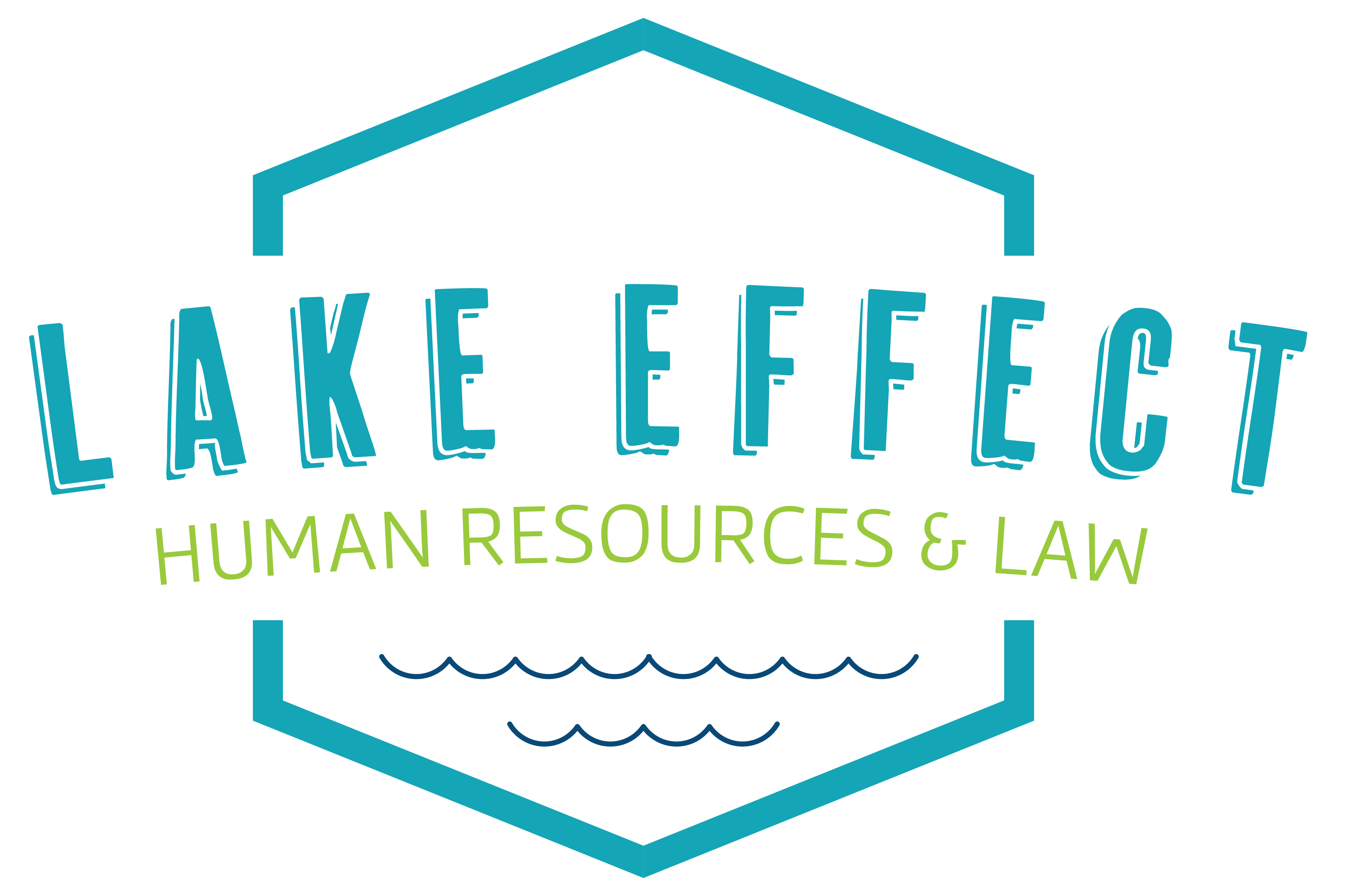Earlier today, the EEOC updated its Q&A Covid-19 Guidance as it relates to the ADA, the Rehabilitation Act, and other federal EEO laws. Key new provisions specify:
- The ADA does not require an employer to accommodate an employee without a disability in order to avoid exposing that employee’s family member who might be at a higher risk of severe illness from COVID-19 due to an underlying health condition (D.13).
- Managers must understand how to recognize and respond to harassment based upon national origin, including demeaning, derogatory or hostile remarks directed against employees perceived to be of Chinese or Asian national origin. Employers may remind the workforce of Title VII’s prohibition against harassment and invite employees who experience or see such harassment to report it (E.3).
- Employees who are teleworking are specifically prohibited from harassing other employees through emails, calls, videos or other virtual platforms (E.4.). This is consistent with EEOC guidance that an employer must address workplace harassment in any form, including electronic and virtual.
- Before employees start returning to the workplace, and even if no date is set for their return, employers may (but are not required to) provide information about who to contact if employees wish to request an accommodation or flexibility for a disability or other reason (i.e. pregnancy, age, religious beliefs). If such requests are received in advance, the employer may begin the interactive process and/or consider non-disability related requests on an individualized basis consistent with federal EEO laws (G.6).
- If an employee returning the worksite requests an alternative method of health screening due to a medical condition, the employer must consider it as a request for a reasonable accommodation under the ADA or the Rehabilitation Act and proceed with the interactive process. If an alternative method of screening is requested as a religious accommodation, the employer should determine whether the accommodation is available under Title VII of the Civil Rights Act of 1964 (G.7).
- The ADEA prohibits employers from involuntarily excluding employees from the workplace based on age, even if the employer is trying to protect an older employee who may be at a higher risk of severe illness from COVID-19. However, the ADEA does not prohibit employers from providing flexibility to older workers, even if it results in younger workers (over age 40) being treated less favorably based on age in comparison. Older workers may request reasonable accommodations based on existing medical conditions or disabilities which may be covered under the ADA as a disability (H.1).
- Employers can provide telework, modified schedules and other benefits to employees with school-aged children due to school closures, etc. during the pandemic as long as they do not treat employees differently based upon sex or other EEO-protected traits. Thus, female employees cannot be given greater flexibility than male employees based upon gender-based stereotypes about who may have primary childcare responsibilities (I.1).
- Employers may not exclude employees from the workplace during the pandemic due to pregnancy, even if done for a benevolent purpose. This constitutes sex discrimination under Title VII (J.1). Still, pregnant employees may request reasonable accommodations based on a medical condition that qualifies as a disability under the ADA.
- If an employee requests a reasonable accommodation due to a pregnancy-related or other medical condition, the employer must consider that request consistent with ADA requirements. In addition, the employer must treat pregnant employees the same as other employees with a similar ability or inability to work when it comes to requests for leave or other flexible work arrangements (J.2).
The legal and HR team at Lake Effect is closely monitoring the impact of COVID-19 on the workplace and will continue to provide our clients with updates as they are available. Check out our COVID-19 resource page for all of our pandemic-related legal updates and HR best practices. The attorneys and HR professionals at Lake Effect HR & Law are ready and willing to help. Contact us at info@le-hrlaw.com or 1-844-333-5253.




